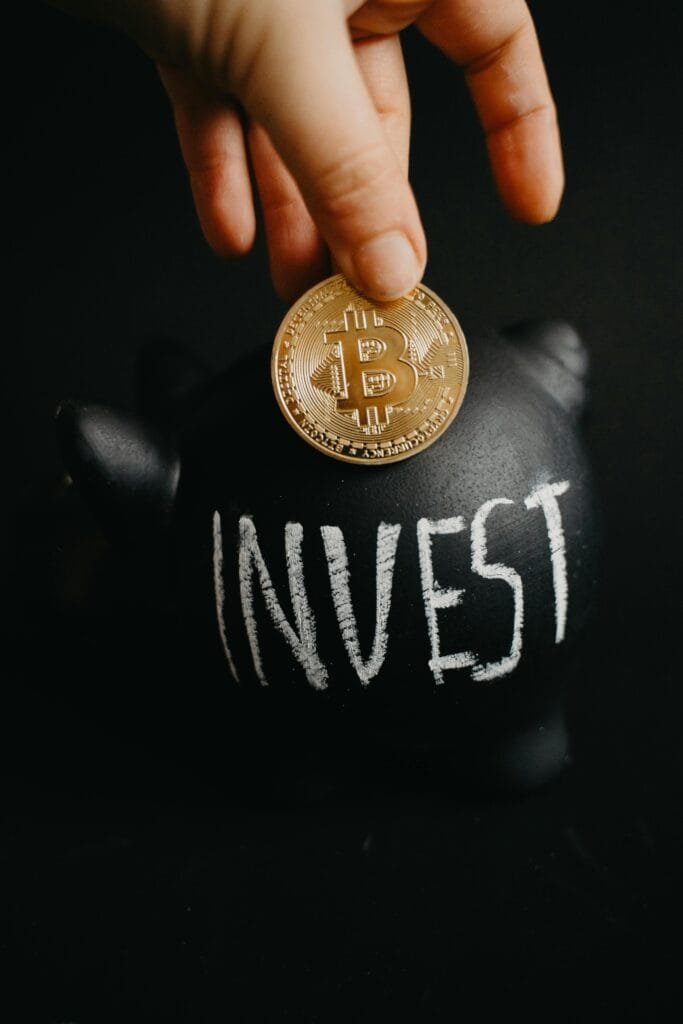In an age where technology infiltrates every corner of our lives, the financial markets stand poised on the precipice of transformation. Artificial intelligence, a term that once conjured images of distant futures, is now reshaping how we approach investing, prompting us to ponder a pressing question: Are human investors on the brink of obsolescence?
The Allure of AI
Artificial intelligence has become the new oracle for financial institutions, offering the ability to sift through mountains of data with unparalleled speed and precision. In the high-octane world of Wall Street, algorithmic trading has long been the secret weapon of institutional investors, executing trades in milliseconds and exploiting market inefficiencies that human traders might overlook. But this technological tide is not confined to the elite; it is washing over the shores of retail investing, too. Robo-advisors and algorithm-driven platforms have democratized access to sophisticated investment strategies, inviting ordinary individuals to join the ranks of the financially savvy.

These AI systems, operating devoid of human emotion, can analyze vast datasets and identify patterns that could elude even the most seasoned investors. In a realm where split-second decisions can mean the difference between profit and loss, the appeal of AI as a steadfast guide is undeniable.
The Challenges of Being Human
Yet, as we embrace the promise of AI, we must confront the challenges it poses to traditional investing. The relentless pace at which algorithms function sets a new standard that can seem daunting, if not impossible, for human traders to match. Our cognitive biases—those pesky, irrational tendencies that cloud our judgment—often lead to decisions that defy logic, particularly in times of market turmoil. When fear grips the trading floor, human instincts can betray even the most meticulously devised strategies.
As technology continues to evolve, the tools available to algorithmic traders grow increasingly sophisticated, leaving human investors scrambling to keep up. In a world where data-driven decisions reign supreme, one must ask: Is there still room for the human touch?

The Enduring Value of Human Insight
In our quest to understand the changing landscape of investing, we must not overlook the irreplaceable value that human investors bring to the table. Financial markets are shaped by myriad forces that extend beyond mere numbers; qualitative factors—such as corporate governance, management ethos, and the zeitgeist of consumer sentiment—are essential in understanding the narratives that drive value.
AI, reliant on historical data, can falter when faced with the unpredictable. Its algorithms, while powerful, may struggle to anticipate the “black swan” events that disrupt markets and challenge even the most robust models. Here, human intuition, informed by experience and adaptability, can serve as a vital counterbalance.
The Art of Synthesis
The future of investing may not lie in the supremacy of one over the other, but rather in a harmonious synthesis of human insight and artificial intelligence. Successful investors will likely be those who embrace a hybrid approach, allowing AI to serve as a sophisticated tool in their arsenal while exercising their judgment in navigating the complexities of the market.
Consider the ways AI can analyze social media trends or dissect news coverage to gauge market sentiment. While it can offer a valuable perspective, it is the human analyst who can contextualize this data, interpreting the implications within broader social and economic narratives. In this dance between man and machine, a new kind of financial intelligence may emerge.

Looking Ahead
As we stand on the brink of this new era in finance, the relationship between AI and human investors is poised for evolution. AI may assume increasingly complex roles, potentially managing entire portfolios with remarkable efficiency. Yet, the human touch will remain indispensable, providing the nuance, empathy, and contextual understanding that algorithms cannot replicate.
For investors willing to adapt, the future is ripe with possibilities. By leveraging the capabilities of AI to inform their strategies while retaining the essence of human insight, they can navigate the labyrinthine complexities of the modern financial landscape.
In this intersection of technology and intuition lies a fertile ground for innovation—an opportunity to redefine what it means to invest in the twenty-first century. The journey ahead may be uncharted, but it is one that promises to be as exhilarating as it is transformative.
If you interest in investing and earning money you need to visit our website
